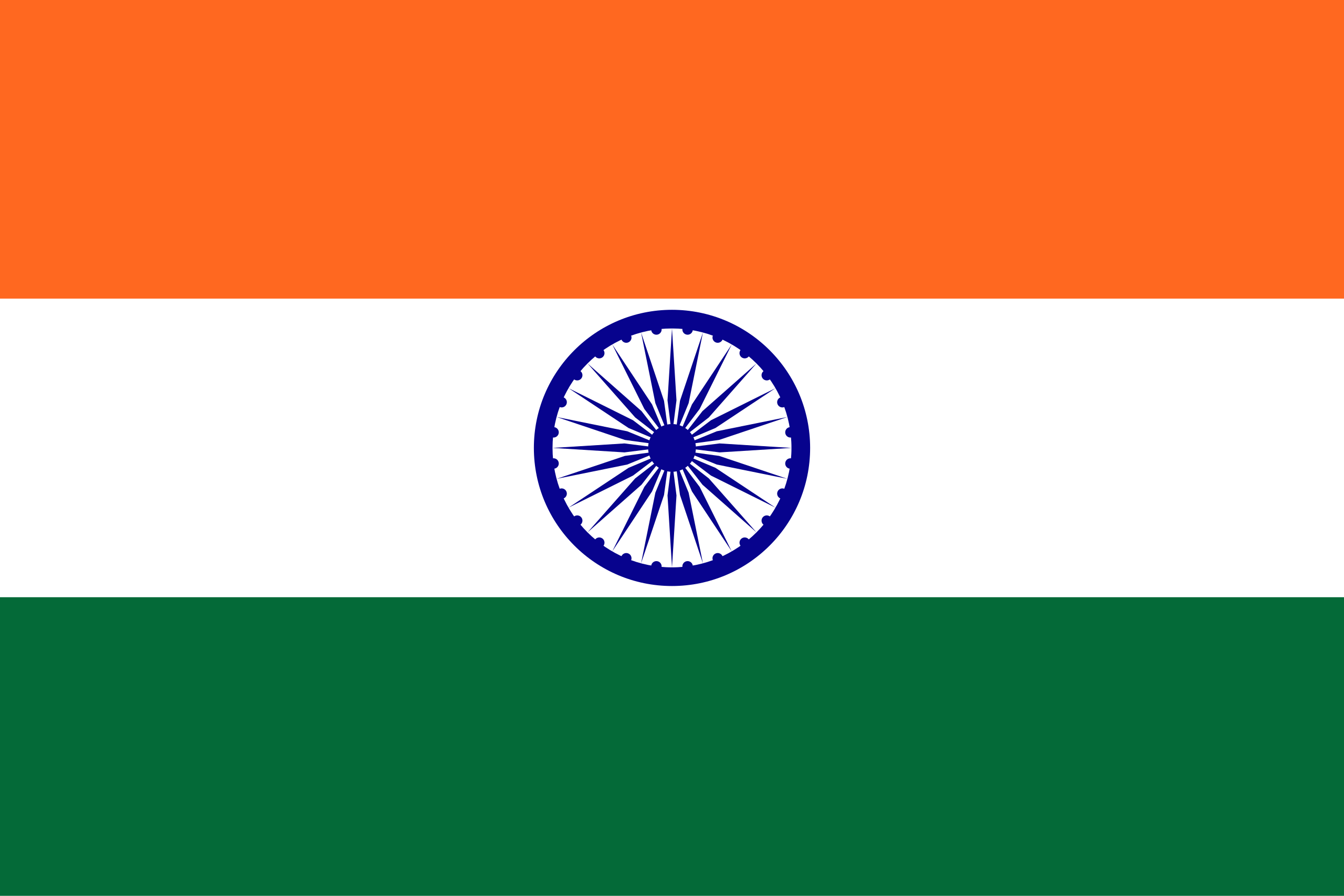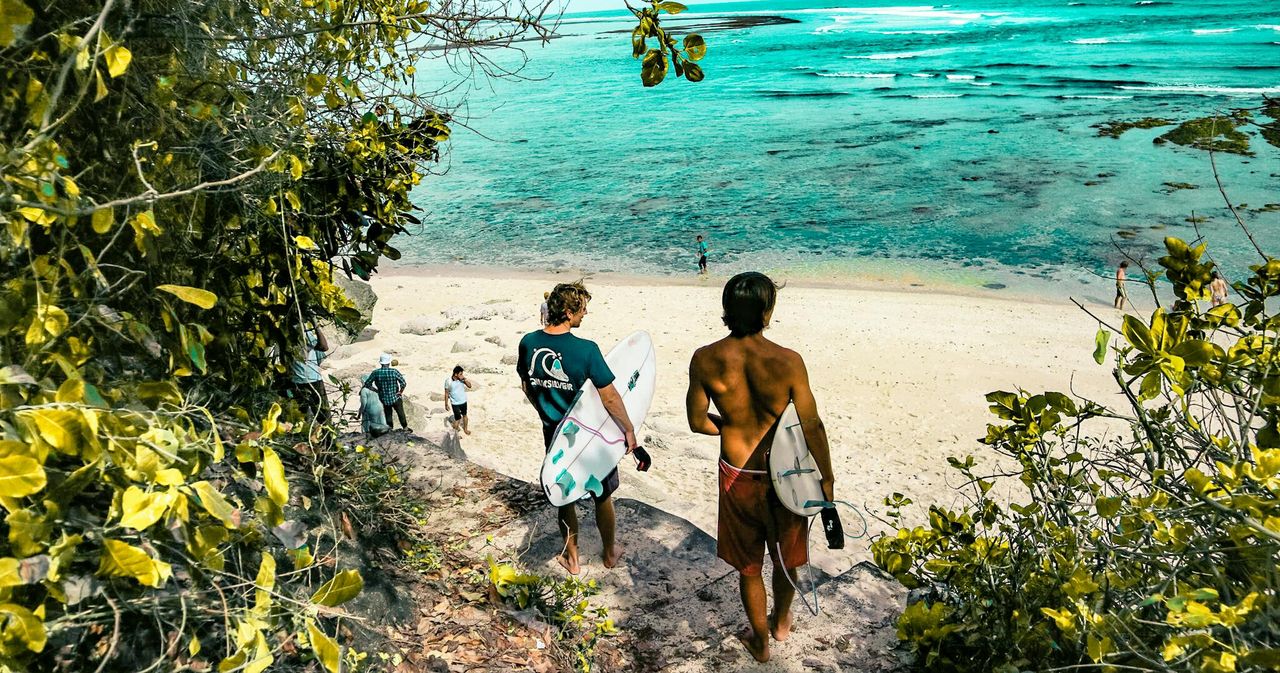What are Indonesia's long-term visa options?
Indonesia has multiple long-term visa alternatives for a variety of objectives, including job, education, business, and residence. Here are some of the most prevalent long-term visas:
-
Multiple-entry visas are appropriate for people who need to enter Indonesia multiple times for official government, business, or commercial purposes, as well as family visits.
-
Business visas: A multiple-entry visa for business-related activities (except employment) that is valid for up to one year after arrival and allows stays of up to 60 days each entry.
-
Limited-stay visas (KITAS): These visas are intended for people who want to stay in Indonesia for an extended period of time for reasons such as job, study, family reunification or retirement.
-
Diplomatic and service visas are issued to diplomats and other government officials.
Staying Healthy in Indonesia: Here's What You Should Know
Healthcare facilities and standards in Indonesia vary greatly based on region and type of hospital. Here's what travellers should know.
Stay up to speed with routine vaccinations.
Consider vaccinations for diseases such as chickenpox, diphtheria-tetanus-pertussis, influenza, measles-mumps-rubella (MMR), polio, and shingles.
Yellow fever vaccination certificates are necessary for travellers aged 9 months and up who arrive within 6 days of leaving an area with a risk of yellow fever transmission.
Keep up to speed on Indonesia's COVID-19 requirements, including as quarantine, testing, and immunisation certificates, by checking with your airline or visiting the Indonesian government's website.
Medical facilities
In cities, private hospitals and specialised centres typically provide high-quality healthcare services. These are also the most commonly utilised for medical tourism.
Private hospitals in large cities such as Jakarta, Bali, and Surabaya provide higher-quality care that is typically comparable to Western facilities. These hospitals are well-suited to international travellers, with English-speaking staff.
Medical services in rural areas and on smaller islands may be inadequate. Clinics in these areas may not have advanced technology or offer specialised care.
Health Insurance
We always recommend getting health insurance before travelling to or from any country.
Private medical care will be available in all major cities throughout Indonesia, but it will be pricey. You should get travel insurance with large medical limits.
Before travelling, contact your insurance provider to ensure you have adequate coverage.
Other factors to consider:
-
Trip cancellation, delay, and interruption coverage.
-
Medical costs and evacuation benefits.
-
Baggage coverage.
Things to be cautious of while visiting Indonesia,
Keep an eye out for the following to stay healthy and safe during your trip to Indonesia:
-
Food and water contamination: Only drink bottled water and avoid using tap water.
-
Mosquito-borne diseases: Dengue fever and malaria are very common in Indonesia. It is recommended that you use repellent, wear long-sleeved clothing, and stay in mosquito-netted accommodations.
-
Water activities: Indonesia's beautiful beaches and marine life are alluring, but be cautious of strong currents and riptides when swimming or diving.
Medicine for personal use
To carry over-the-counter drugs into Indonesia, follow these tips:
-
Declare every medication: Customs authorities should be notified of any drug intended for personal consumption.
-
Original packaging: Always pack medicines in their original containers and clear bags in your hand luggage.
-
Prescription or physician's letter: Present the medical prescription issued by your doctor or another competent authority in English.
-
Check for restrictions. Call Indonesia's embassy to ensure that all of your prescriptions are authorised to carry with you.
-
Quantity matched with itinerary: To minimise issues, bring only a fair quantity that corresponds to your stay duration.


.svg.png)








.jpg)
.jpg)
.jpg)